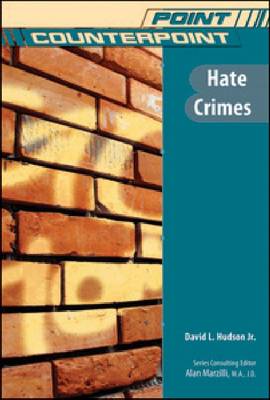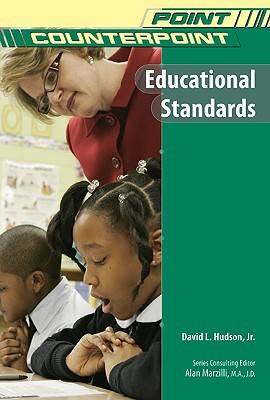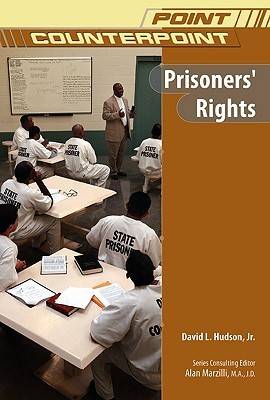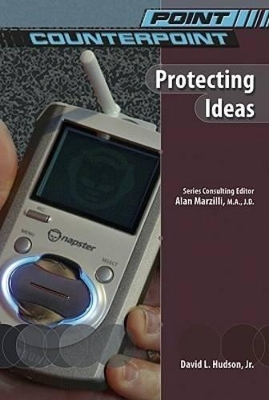Point/Counterpoint: Issues in Contemporary American Society
6 total works
The increased popularity of Weblogs, or "blogs," has prompted many questions: Should blogging about a candidate be considered a political advertisement, subject to campaign finance laws? Should bloggers receive the same access to public officials and events as traditional journalists do? Should schools be able to regulate their students' blogs? "Blogging" tackles these issues by examining this hot-button topic from different angles. Full-color photographs, comprehensive sidebars, and relevant elements of the argument add value to this useful new resource for students of current issues.
Is it fair to restrict certain students' rights in order to make schools safer?
Hate crimes are crimes that are motivated by hate or prejudice, whether it is based on race, ethnicity, sexual orientation, or gender. Many people argue that these crimes should carry extra penalties because, in the words of former Supreme Court Chief Justice William H. Rehnquist, 'this conduct is thought to inflict greater individual and societal harm...bias-motivated crimes are more likely to provoke retaliatory crimes, inflict distinct emotional harms on their victims, and incite community unrest'. Opponents of hate-crime laws argue that extra penalties amount to prosecuting people for thought crimes. ""Hate Crimes"" examines both sides of this debate.
The public education system in the United States has always been a pressing matter, subject to continuous debate. Sweeping educational reforms passed in 2001 sharply divided teachers and policy makers over the direction of our nation's schools. Proponents say the changes increase accountability and open doors to new options for parents of children in failing institutions. Critics charge that the bill's intent and impact are quite different as poor, urban schools are tagged as failures and marked for closure at the same time the students are denied entrance to better-funded, higher-performing schools. ""Educational Standards"" clearly and fairly explores both sides of the debate surrounding this critical issue.
The movement for prisoners' rights is based on the idea that prisoners, though they are deprived of liberty, are entitled to other basic human rights. What rights and privileges should be accorded to those who are incarcerated? ""Prisoners' Rights"" examines this issue from different perspectives, incorporating excerpts from legal documents, court cases, and political commentary and critique.




